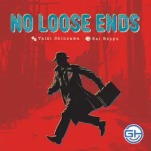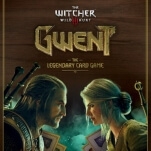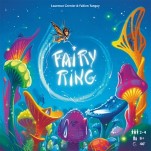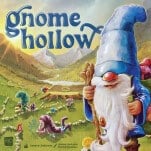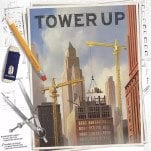The Board Game Luthier Sounds as Good as It Plays
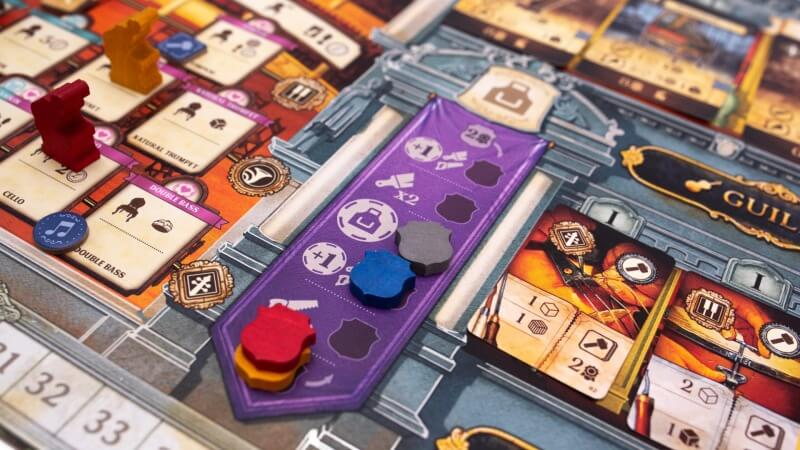
Luthier is a gorgeous new game that asks players to build new instruments and commission performances for their hoity-toity patrons, a Euro worker placement game that doesn’t feel so stuffy because of the wonderful art and components. Co-designed by Dave Beck, who gave us 2023’s Distilled and owns publisher Paverson Games, it’s one of the best new games of 2025—and, in a rarity for tabletop games, it comes with its own soundtrack.
In Luthier, players play as families of luthiers, starting the game with three family-member workers but adding two more as the game progresses. Each family member has a different strength from 1 to 5, and players can also hire temporary apprentices to make their actions more powerful. You’ll send your workers out to collect blueprints for instruments or repair orders, to gather resources, to arrange performances to gain money, to hire patrons, and more; or you can place a worker in your own workshop to construct instruments, which requires two separate turns once you have all the resources. The goal is to maximize your victory points by completing instruments, placing seats in the orchestra, satisfying your patrons’ needs, and achieving objectives. It’s a long game, with a listed time of 90-150 minutes that isn’t kidding, although once the game is set up, it hums pretty quickly and the game becomes less complex as you play because you understand what actions you must take.
Luthier’s soundtrack comprises 11 songs from three periods of classical music, starting with Pachelbel’s “Gigue in D Major” and ending with a pair of string quartets by Tchaikovsky. I asked Beck why he chose to spend the time and money required to create this soundtrack, which is now available to everyone after a brief period where it was available just to backers. “I’m a firm believer in the idea that when you gather folks around the table to play a game, it is an ‘occasion’ and not just something that should be taken lightly,” he said. “So much of our lives is now on the screen or hurried, that having moments where we can all gather and just enjoy the experience itself is important.”
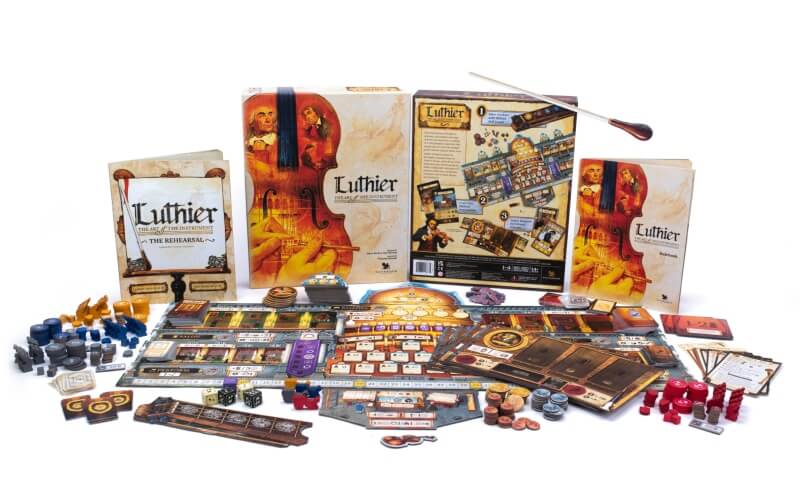
-

-

-

-

-

-

-

-

-

-

-

-

-

-

-

-

-

-

-

-

-

-

-

-

-

-

-

-



